Carlos
Falchi literally reinvented the exotic skin and its use in leather goods. His luxurious
patchwork designs were deemed unusual and unique for their initial time, the Seventies – sporting python, alligator or ostrich in collage-type fabric - often hand-painted.
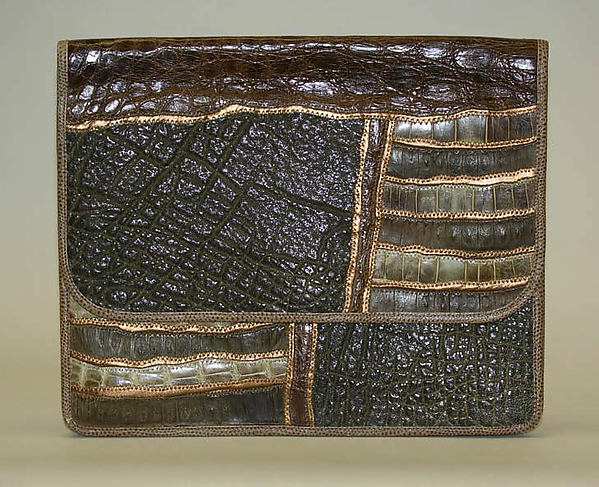
Born
in Brazil, Falchi migrated to the US as a young man. His fashion roots began in making hand-stitched leather
clothing for musicians, a niche he picked up by charming the likes of Patti Smith, Miles Davis, and Mick Jagger at trendy New York bars in the Seventies. But it
was a meeting with retail boss Geraldine Stutz at Henri Bendel that
changed Falchi’s design course. While presenting his ready-to-wear
collection to the retailer, Stutz advised Falchi to focus on handbags alone. And he
listened.
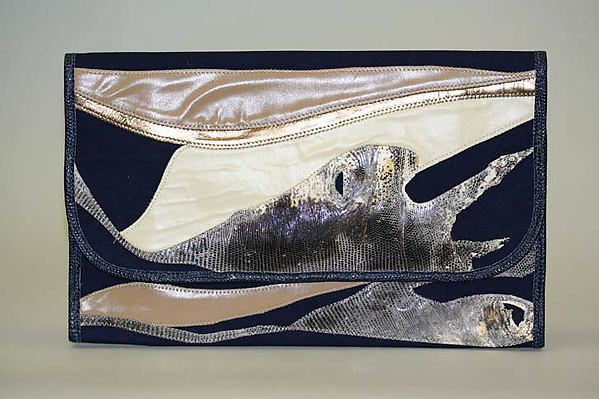
Falchi’s bags went on to be carried by Saks Fifth Avenue, Bloomingdale’s and Henri Bendel. They continued to please the stars too, riding on the arm of Jacqueline Kennedy Onassis, Sharon Stone and Tina Turner. More recent Falchi fans, meanwhile, were Cate Blanchett, Mary J. Blige and Tina Fey.
The Eighties was the power decade for the Brazilian, when he created his most memorable item yet – the buffalo satchel. Coined “the most copied bag in the industry” by WWD at the time, Falchi’s aesthetic had been notably swept up by envious competitors and copycats. As none could perfect the bag like he, the satchel remained a Carlos Falchi manufacturing secret, and his biggest asset.
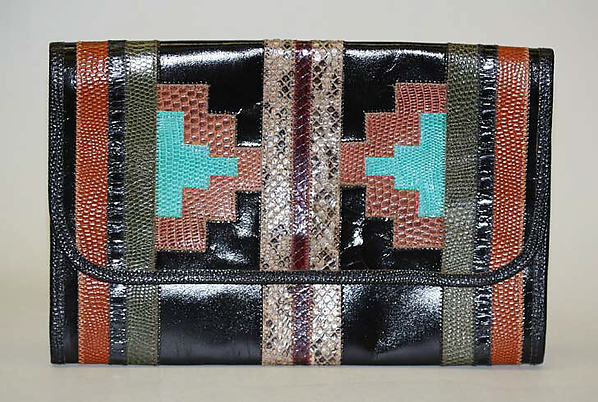
“I’ve
developed a unique method of cutting the skins to emphasize their beauty and
maximize their usability,” Falchi said, when describing the bag in
2012.
Moving forward to 2015, the Carlos Falchi appeal is unrelenting and unspecified. Sleek and structured or soft and slouchy, the clutches and handbags - all hand-painted by Falchi - transcend age and sub-cultures.
Urban rockers are drawn to the raised, rough edges of his alligator skin; while sophisticated socialites seek the smooth touch of ostrich skin and its map-like contours and shapes. And Americana bohemians pine for his fringed hobo bag.
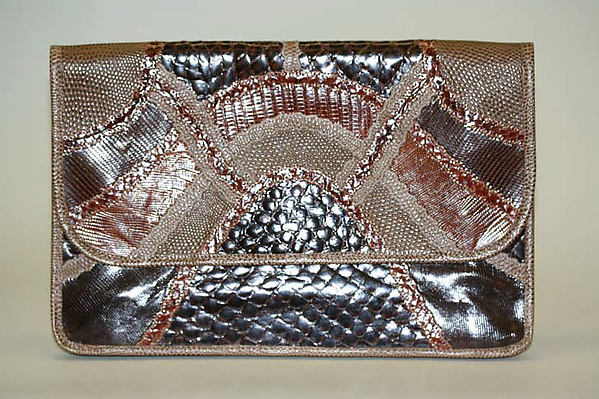
Other key Falchi traits are a fetish for bold color, played down by the bags themselves, which are timelessly manufactured right out of New York.
A longtime member of the CFDA, the designer was - until his death - an avid supporter of Made in New
York. Even after his financial struggles
in the Nineties, which lead to a closure in 1997, Falchi held onto his
New York manufacturing point-of-difference. In 2009, Falchi
Holdings acquired the Carlos Falchi brand, reviving it again. Falchi was brought on as chief
designer and creative director. Without giving in to the lure of cheap, off-shore manufacturing, Falchi had achieved his dream: to stay NY-made and be financially supported so he could go on designing as he wished.
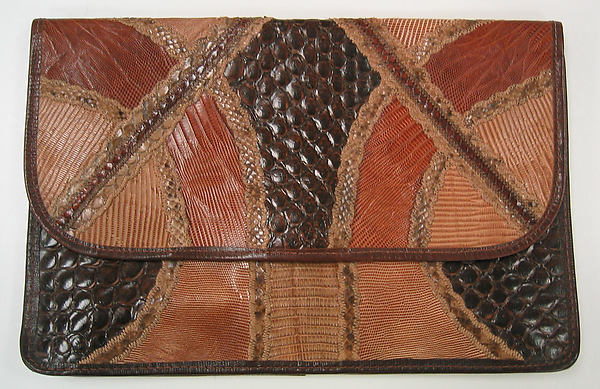
Established, Falchi was a financial support to many young designers in the past five years and participated as a mentor for winners of the Independent Handbag Designer Awards, for a number of seasons.
The Falchi business was unique too, in that was largely a family affair with wife, Missy and daughter, Kate both designing bags by hand in New York with their husband, and father.Back in 2008, Purseblog visited the Carlos Falchi atelier and remarked on the close bond between the trio and the thought expressed in their designs: “Falchi works with his wife and raves about his daughters, one who is working with him now. His true love and devotion to his handbags is not only evident in the designs, but shows through after speaking with him for just a few minutes."
Inspired by Falchi's innovation with textiles and passion for leather and skins, it is Kate who will now steer the Carlos Falchi brand beyond 2015, now that her father is gone.
Carlos Falchi died Friday night at Duke University Hospital in Durham, N.C., following a short illness. He was 70 years old.